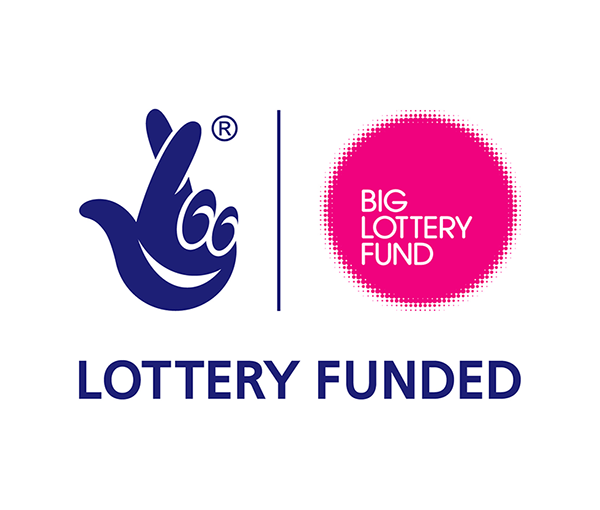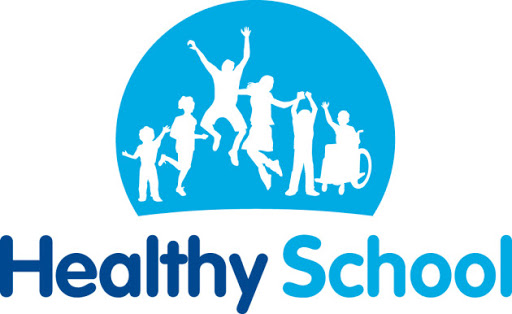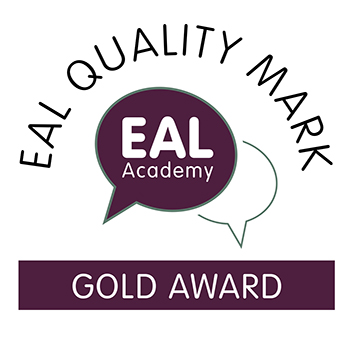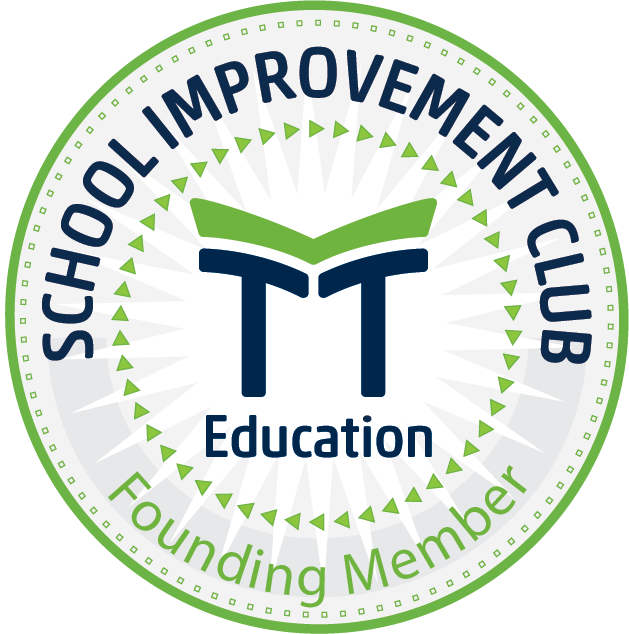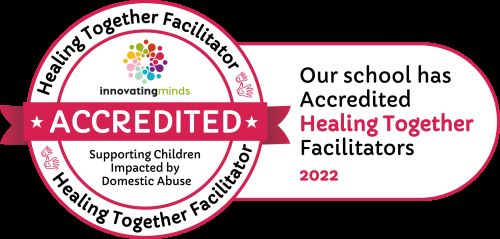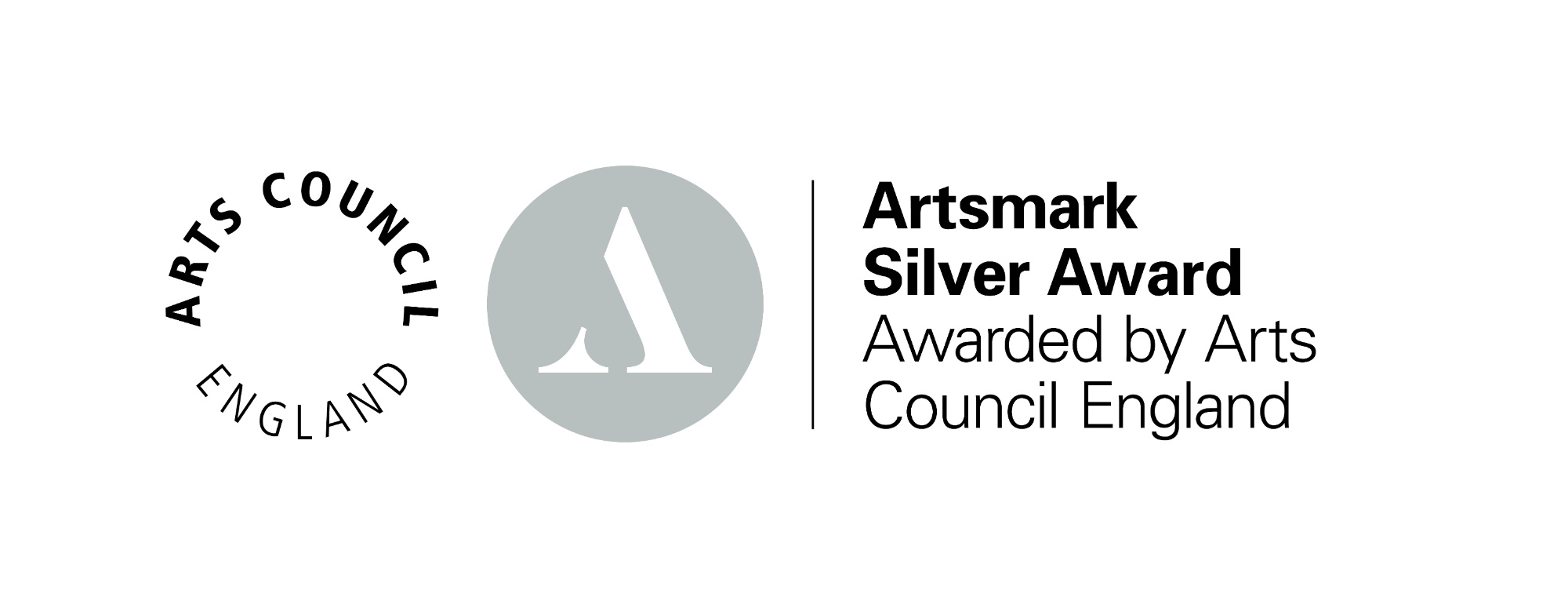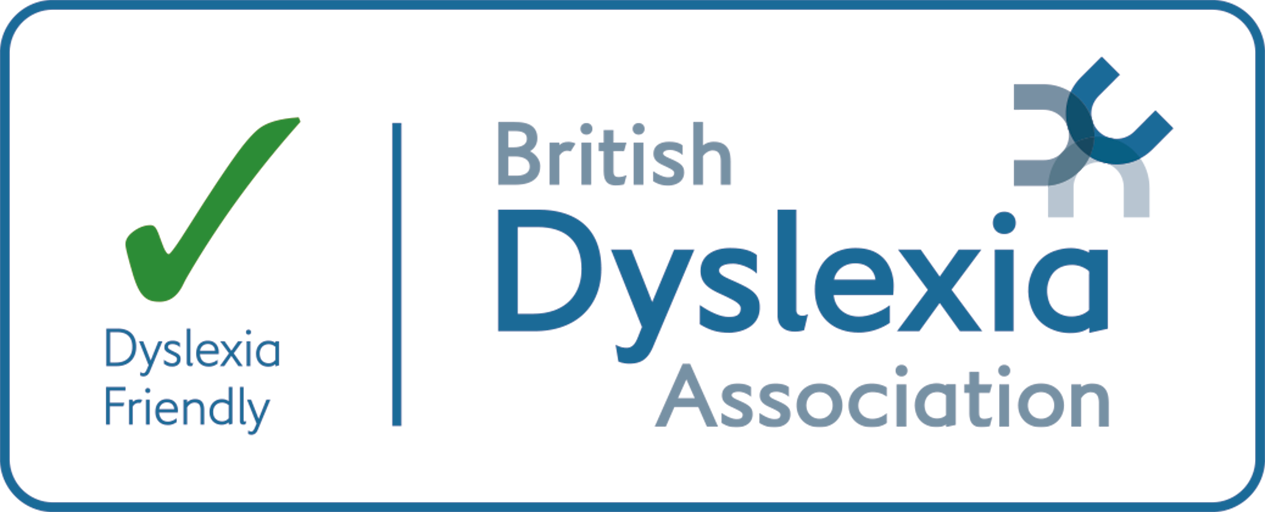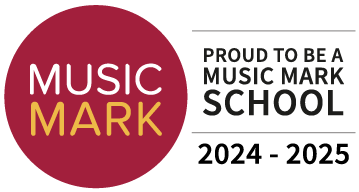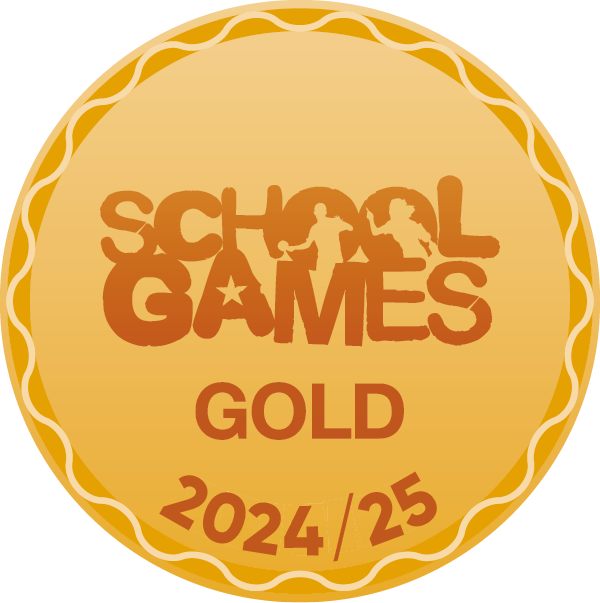Year 3
Summer Term 2025
Maths
In our Maths lessons this term, we will be focusing on mass and capacity and building our knowledge of measuring in g, kg, ml and l. We will continue to expand our understanding of fractions by looking at fractions of amounts and adding and subtracting non-unit fractions. We will be using money and using our problem-solving skills to work out change. During the second half of the term, we will be focusing on time, shape, angles, and statistics. They children will have access to Times tables Rock Stars, which will encourage them to learn their times tables and related division facts. This will support them when working towards the times tables awards, in readiness for the Year 4 times tables test. Throughout sessions we will focus on having a mastery approach whereby children will have plenty of opportunities to work on their problem solving and reasoning skills. We will also incorporate concrete, abstract and pictorial approaches to help support learners grasp new topics better.
English
This term, the children will continue to develop their comprehension skills, focussing on inference in our guided reading sessions. They will develop their reading, writing, spelling and specific grammar skills, by using different texts. These will include ‘The Miraculous ‘Journey of Edward Tulane’ by Kate DiCamillo, to write descriptions, play scripts and make predictions about his adventures. They will be reading the Boy Who Biked the World,’ and follow Tom as he cycles through Europe and Africa to the tip of South Africa, introducing them to fascinating landscapes and to different nations as he travels. They will be writing diary entries, instructions and explanation texts.
Science
This term Year 3 will be learning about plants. Starting with some plant spotting outside the children will then be planting seeds and discovering the best conditions to grow plants successfully. They will invent and run their own investigations to monitor the growth of plants and use scientific skills to record their results and draw conclusions. The children will also learn about the different parts of a plant, how plants grow and different types of pollination and seed dispersal.
History
This half term, our focus will be on the fascinating world of Ancient Egypt. The children will dive into how early civilisations began, exploring the unique achievements of the Egyptians and understanding their societal structures and beliefs. We'll uncover what daily life was really like in ancient times, including the art of hieroglyphics. Additionally, we’ll investigate their beliefs about the afterlife, the process of mummification, and the incredible construction of the pyramids. children will also learn to place this ancient civilisation into a broader historical context, enhancing their understanding of our past.
Geography
In our Geography lessons this half term, we will take the children on a virtual journey to Europe! We'll explore fascinating facts about the continent and discover various European countries, their capitals, famous landmarks, and unique features. The children will learn all about the diverse landscapes and climates that make Europe so special. From the towering mountains to the beautiful coastlines, there's so much to see, learn and appreciate.
Computing
During the Summer term children will learn about E-safety, Programming and sequencing in music. They will continue to develop ways of staying safe online, considering all aspects of e-safety. Then they will become computing programmers as they will be introduced to a selection of motion, sound, and event blocks, to create their own programs, featuring sequences. After this they will explore the links between events and actions creating their own sprites and learning how they move, culminating in designing and coding their own maze.
PE
We recognise the importance PE plays in the curriculum and we are committed to providing all children with opportunities to engage in Physical Education. Sessions aim to develop children's basic physical competencies, build confidence in their ability and build the foundations for a lifelong love of sport, physical activity and a healthy lifestyle. PE lessons encourage children to compete against themselves and others whilst being challenged to improve their physical, social, emotional and thinking skills. We are lucky enough to have specialised sports coaches to deliver some of our PE sessions, the children this term will be covering Swimming, OAA, Rounders and Athletics.
Art
As artists we will be linking our learning in the first half term to the Ancient Egyptians, finding out about the art they created and investigating the styles, patterns and characteristics. We will be designing our own Egyptian scrolls and making our own paper. We will also be making zines, which are small booklets. In the 2nd half term our learning will be linked to our Science topics of Light and Plants, finding out about the female botanist and photographer Anna Atkins. Using the book ‘The Bluest of Blues’ as our inspiration, we will be printing, sketching and creating clay pieces. We will also try out cyanography in the style of Anna Atkins. Throughout the whole term we will be developing our sketchbook skills and using these as a record of our work.
DT – Food and nutrition
In the Summer term, we will be making Egyptian Bread. The children will research what the Ancient Egyptians ate and follow a recipe, to make Egyptian style flat bread. They will focus on making it as authentic as possible then eat it, for a truly Egyptian experience. After that, they will evaluate the bread discussing what they liked about it and what they would do differently if they made it again.
PSHE
In PSHE this term we will be exploring how to look after our world. We will be identifying how we can protect our planet by recycling, reusing and reducing. We will also be exploring aspects of fire safety. We will develop our understanding of the importance of being responsible and how our actions/choices can affect others through hoax calling, petty arson and texting whilst driving.
Music – Boom!
Year 3 will be using “Boom whackers” to create sounds, perform songs and understand musical concepts. We will listen to different ensembles and understand that different groups of instruments and people can make different sounds. We will also look at some famous musicians and how they play their instruments.
RE
In the first half term, the children will be finding out about Sikhism. The children will explore Sikh beliefs and how their beliefs are expressed in the Mool Mantra. The children will continue their understanding by exploring places of worship and will go on a virtual tour of a Gurdwara. During the second half term, we will be looking at how different faiths and beliefs impact our community. The children will be exploring the different faiths and beliefs in our school and wider community. We will learn about the different places of worship in our local area and how different beliefs can shape our society and influence behaviours.

